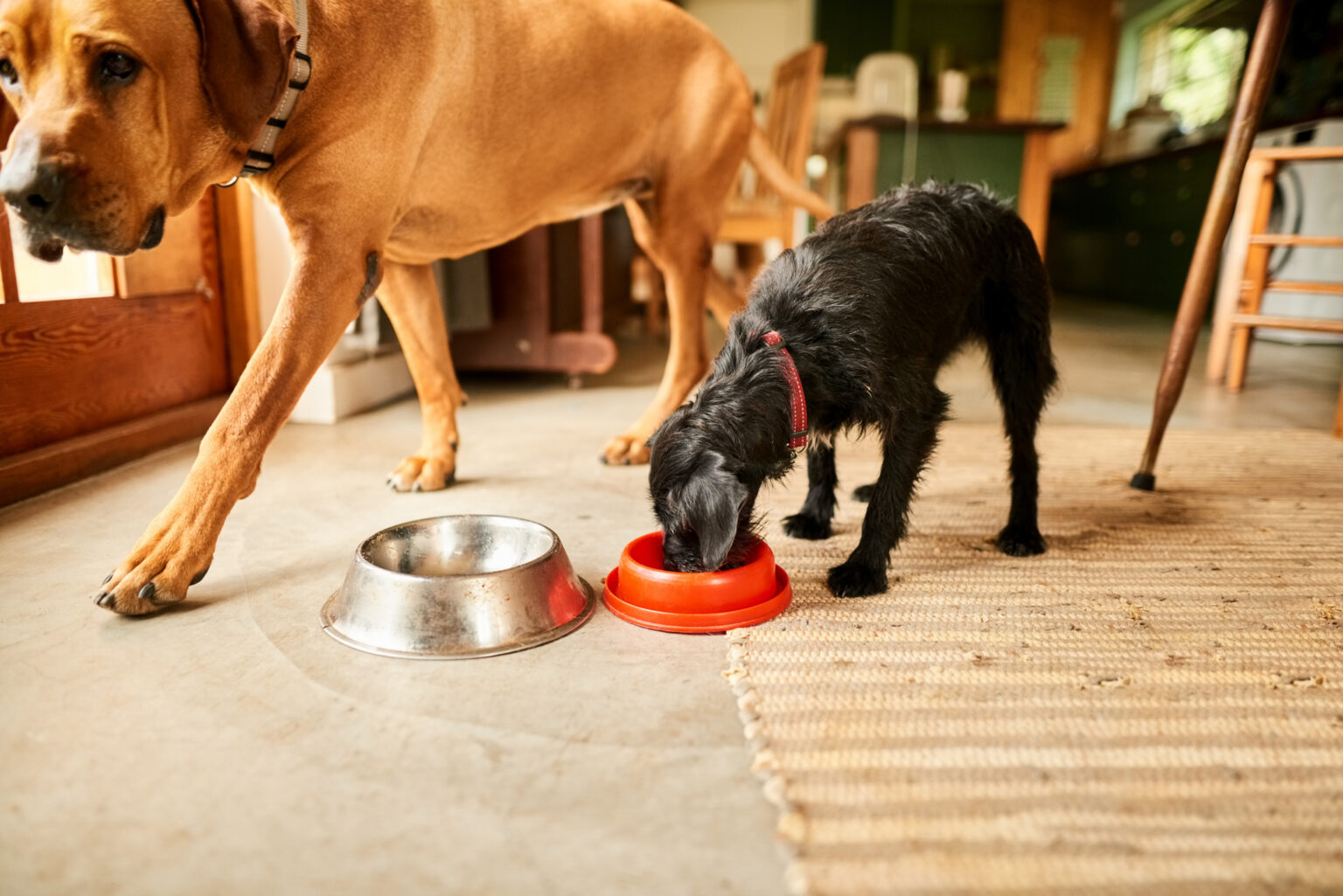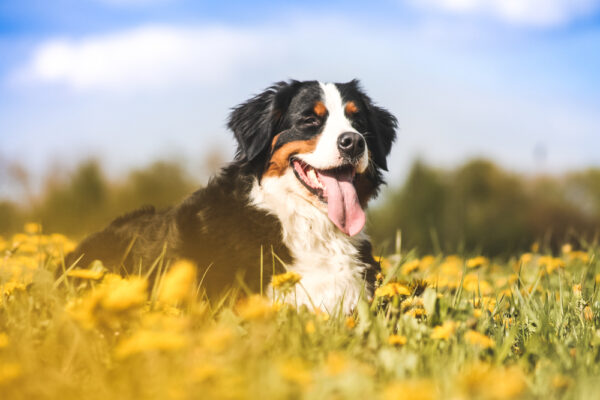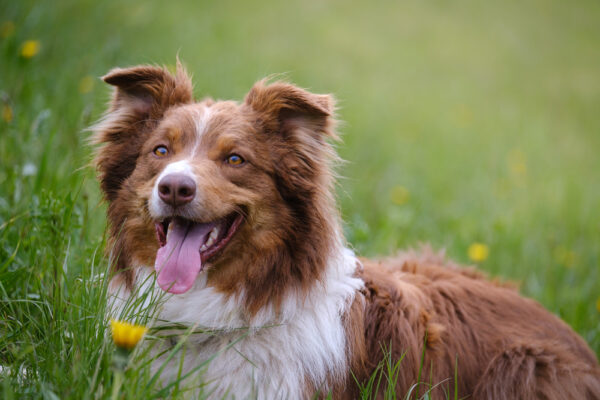Digestion is a broad and varied process for pets, with several factors impacting how quickly, how efficiently and how comfortably they experience it. While every pet is different, with different needs and reactions to food, it’s worth considering some core factors and areas of influence when monitoring their digestion.
Pets take much longer to digest food than humans, with dogs averaging between 8-12 hours, and cats anywhere between 10-24 hours. This is a much lengthier process than us – which is somewhere between 30-90 minutes. Alongside the natural process, there are several areas and specifics that can impact the efficiency and time of digestion.
There are four core factors to consider when it comes to your pet’s digestion, and these are:
- Breed
- Age
- Lifestyle
- Diet
Your pet’s breed will be the biggest influence on their digestion, as this will generally dictate their size. The size of their digestive tract is directly related to how big or small they are as a whole. Their digestive tract is usually around 3 times as long as their body. So, in essence, the bigger or heavier your pet, the longer it will take for the digestive process to complete.
Just like us humans, age is a huge factor when it comes to the speed and responsiveness of your pet’s digestion. During different stages of life, they will need more or less fuel to provide energy, with puppyhood a particularly energetic time as they develop and grow, and so consequently they experience digestion quicker as food is turned into energy. As pets age, their metabolism will slow and have an impact on digestion. With every passing year, their digestion will gradually slow.
General lifestyle will influence digestion, from whether your pet is very active and so in need of food to replenish them, or if they’re more likely to be sedentary and so less likely to burn food off. The same rule applies to how hydrated they are, with hydration assisting the process and making it less problematic.
The diet your pet is eating should also be considered, with some pets reacting better to natural or grain free meals, while other pets require higher meat content and more protein. Every bowl of food, every treat and any unplanned scraps will contribute to their stomach health, from simple factors like wet food digesting quicker than dry food, fibre adding time to the process, but also any greasy treats that might overwhelm pet tummies and so causing stomach upsets or sometimes, more serious side effects.
Keeping digestion in check
Keeping a close eye on your pet’s stools may not be the nicest part of being a pet owner, but it is important to know what looks healthy and regular for them. Look out for changes in firmness, texture, colour and check that they continue to produce clean stools, by ‘clean’ we mean without blood or eggs.
Your pet should be going to the toilet around twice a day, but knowing their routine and how often is natural to them can be a good indicator of health, from whether they need more fibre in their diet if they’re struggling to defecate, or if their feces are wetter than usual.
Flatulence can also be a sign that your pet is struggling with digestion, and so if there’s a sudden increase in how often they’re passing wind, monitor the situation and consider seeking vet advice.
Considering supplements or prebiotics might be an option if your pet needs extra support and you’ve tried different diets, but we recommend you consult your vet before introducing anything new. If you do decided to introduce a new diet, be sure to do this gradually so as not to upset their stomach. Add a little more each day until they’re gradually eating a whole bowl of their new diet.
Ways to maintain your pet’s digestive health
- Choose a highly digestible diet for your pet
- Ensure they have constant access to clean, fresh drinking water
- Stay consistent with a parasite solution, all year round
- Stay on top of vaccinations and vet checks
- Keep a close eye on their routines so you can spot any changes



